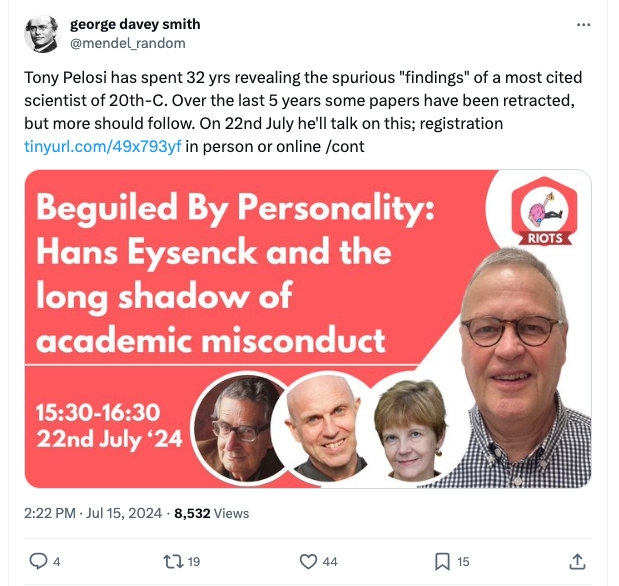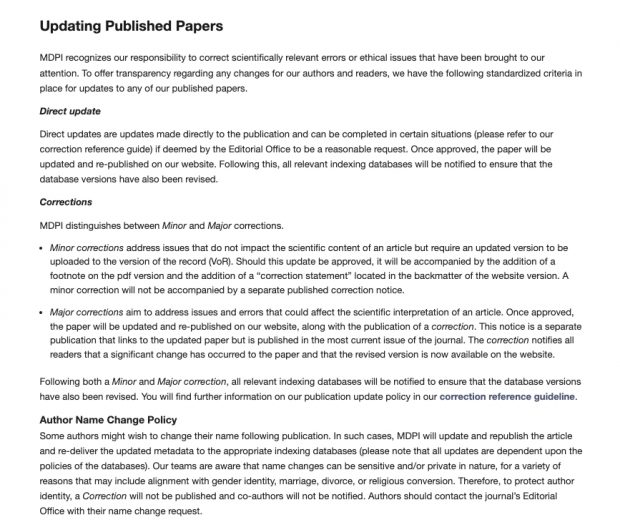Tilman Moser (1938-2024) schreibt in “Gottesvergiftung” seine (An-)klage gegen Gott in der langen Tradition der Psalmen, des Klageliedes, von Hiob bis zur Anklage Jesu am Kreuz
Mit der psychischen Grundfigur der Erwählung, des auserwählten Volkes, hast du dir ja schon ganz zu Anfang einen kleinen Teil der Menschheit eingefangen, einen Brückenkopf aus dem Nichts gebildet.
Weißt du, wie listig du mit den narzißtischen Bedürfnissen deiner Anhänger umgehst, wie fein dosiert du die Grade der Erwählung und der Gottesnähe verteilen kannst, wie virtuos du die Angebote von Geborgenheit, Führung, Glanz und Einzigartigkeit mischst – von den Strafangeboten einmal abgesehen -, so daß sich jeder nach seinen ureigensten, geheimsten niemals öffentlich eingestandenen Bedürfnissen bedienen kann?
Du bist raffiniert und wirst dadurch mächtig, daß du die Angebote an alle anderen im Dunkeln läßt und im Grunde dich jeder so ganz im stillen verehrt und verzehrt.
Das grundlegende Problem ist nicht, ob ein Volk, ein Stamm oder eine Gruppe von Gott erwählt wurde, sondern ob es sich als erwählt versteht. Damit wird der Glaube an die Überwertigkeit zur Realität, ganz ohne Erwählung, was auch als Thomas Theorem bekannt ist
If men define situations as real, they are real in their consequences / Wenn die Menschen Situationen als wirklich definieren, sind diese in ihren Konsequenzen wirklich (W. I. Thomas und D. S. Thomas)
So erfüllen sich ganz von selbst alle Prophezeiungen. Und die Konsequenz? Einfach nur furchtbar was die täglichen Nachrichten seit dem 7. Oktober bringen, eine Gewaltspirale zwischen zwei Völkern die kein Ende nimmt. Denn nicht nur die Juden Jes 42,1-4
Siehe, das ist mein Knecht, den ich halte, und mein Auserwählter, an dem meine Seele Wohlgefallen hat. Ich habe ihm meinen Geist gegeben; er wird das Recht unter die Heiden bringen.
sondern auch die Palästinenser fühlen sich auserwählt Sure 3,34
Allah hat Adam, Noah, die Familie Abrahams und die Familie Amrans vor allen anderen Menschen auserwählt.
Das mag alles etwas verkürzt sein, aber warum nicht wenn es den Kern trifft. Religion als Opium fürs Volk? Nein, nicht Opium sondern Crystal Meth.






